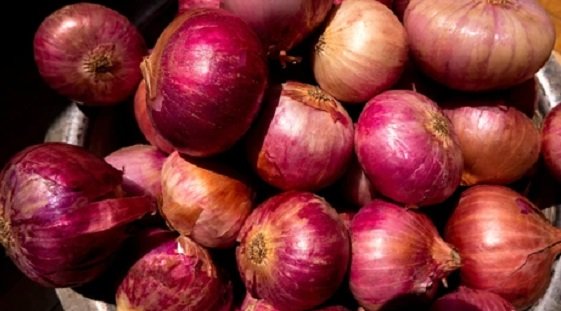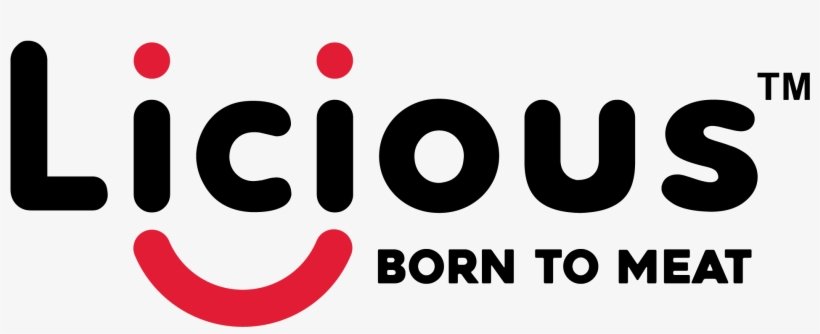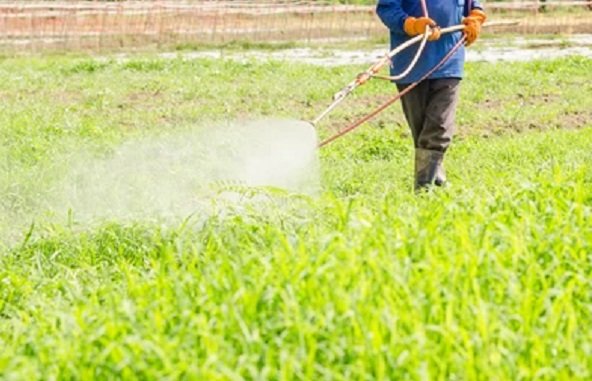Mahesh Girdhar, President, Crop Nutrition Business, Smartchem Technologies Ltd 100 per cent subsidiary of Deepak Fertilisers and Petrochemicals Corporation Limited (DFPCL) interacted with AgroSpectrum on future of fertilizer industry in India. Editorial excerpts:
How do you foresee the fertilizer industry in India?
Agriculture, including its allied sector, is one the largest sources of income in India. The sector contributes 19.9 per cent to the country’s GDP (as of FY 2020-21), with 56.6 per cent of the population engaging in the agricultural sector. We have achieved self-reliance in production of food grains; however fruits & vegetables have surpassed food grain production to meet the changing consumer needs.
Fertilizer industry has played a significant role in ensuring food & nutrition security since the green revolution. The Indian fertiliser industry continues to enhance its capability to fulfil demands of Indian agriculture with Nitrogen based fertiliser like Urea, Ammonium Sulphate; the phosphorous-based fertilisers such as diammonium phosphate (DAP), the NP, NPK grades and single superphosphate (SSP); potash-based fertilizers; sulphur-based fertilizers as well as several other micronutrients which are critical to realize crop production and quality of produce. In recent times innovative foliar nutrition solutions & organic based fertilizers are being developed by various companies.
When it comes to crop nutrition, there is a significant scope to improve nutrient use efficiency & provide balance nutrients to crops at various stages of their growth to fulfil the crop nutrition requirement, to realize yield and quality potential. Production processes are also labour intensive and regionally biased, and there needs to be focus on application technology and farmers education on understanding and adopting newer products and services.
It is pertinent to note that plant requires 16 essential nutrients, they are classified according to the amount required by the plants i.e. primary nutrients, secondary nutrients & micronutrients.
Essential nutrients are required to be available to crops at right time, at right dose through right source and at right stage of crop. Industry needs to further focus on innovating & brining solutions to key issues to add further value in the crop nutrition management of crops.
Application of Balance nutrition
In India, on average 58, 36.5, 12.8, 7.1, 4.2 and 23.2 per cent soils are deficient in S, Zn, Fe, Mn, Cu and B respectively. More than 50 per cent samples are found deficient in Zn and B in 110 and 63 districts of the country, respectively. Imbalance availability and uptake of essential nutrient by plant leads to huge yield gap (difference between yield potential and the actual realized yield) and nutritional value of final produce in most of the Indian crops. Hence, supplementing plant nutrients in balanced proportion as per the crop need and its critical growth stage requirement is important.
Nutrient Use efficiency
Nutrient use efficiency (NUE) depends on the plant’s ability to take up nutrients efficiently from the soil, that mainly depends on soil health (physical, chemical & biological properties), internal soil transport, storage, reactivity with other soil minerals and remobilization of nutrients. It can also be greatly affected by enhancing soil health, efficient fertilizers as well as through soil and irrigation management.
Present nutrient use efficiency of India for Nitrogen, Phosphorous and MOP is 30-50 per cent, 16-20 per cent and 50-60 per cent, respectively. The unutilized N is lost through several mechanisms such as leaching, denitrification, volatilization, etc., and pollutes the groundwater and atmosphere. Similarly, considerable amounts of P and K get fixed in the soil. Hence, NUE is one big area where global and Indian fertilizer industry is investing a lot of time and resource to bring improvements.
How Crop Nutrition Business, Smartchem Technologies Ltd 100 per cent subsidiary of Deepak Fertilisers and Petrochemicals Corporation Limited (DFPCL) is contributing to growth of fertilizer industry in India?
Crop Nutrition Business at STL offers Crop Nutrition Solutions that are technologically superior and come with Enhanced Nutrient Use Efficiency i.e., soil applied Croptek & Smartek, unique Nitro Phosphate & Bensulf-Superfast. We also offer efficient water-soluble products which are crop and stage specific ‘All in One’ and various other products under the brand name ‘Mahadhan’. Our Crop nutrition business has a traditional & strong presence in the horticultural belt of India i.e., the states Maharashtra, Karnataka and Gujarat. The company expanded its geographical reach to south and north states of India (Andhra Pradesh, Chhattisgarh, Haryana, Madhya Pradesh, Punjab, Rajasthan, Tamil Nadu, Telangana, and Uttar Pradesh) in the last few years.
We have a very strong team of market development spread across our operating geographies & crops; our team seamlessly provides crop nutrition education & demonstrate innovative solutions at the fields. We are continuously brining value-added crop nutrition products and solutions. Mahadhan brand is used by more than 5 million farmers annually. STL is amongst the top 5 NPK manufacturers & largest producer of Bentonite Sulphur in India, with facilities at Taloja (Maharashtra) and Panipat (Haryana). We are the pioneers in brining Enhanced Efficiency Fertilizers (EEF) through continuously innovating varied solutions in defined horticulture & commercial crops and market leaders in specialty fertilizers in the country.
What inputs are required for the growth of fertilizer industry in India?
Currently India is significantly dependent on imports of fertilizers as finished goods and as raw material. We need to focus on various initiatives to reduce fertilizer usage through innovative technology to maximize fertilizer use efficiency and farmer education for balanced nutrition. Encouraging domestic production of finished fertilizer and exploring strategic partnerships for mining of critical raw material i.e., phosphate and muriate of potassium in India & overseas, will help to reduce import dependence.
Policy makers play a pivotal role in Identifying policy interventions to encourage innovation for the industry to develop solutions to address nutrient use efficiency, promoting data driven balanced use of nutrients & using farmer’s extension capability jointly with the industry to educate and create awareness of nutrition management practices.
Dipti Barve
Mahesh Girdhar, President, Crop Nutrition Business, Smartchem














